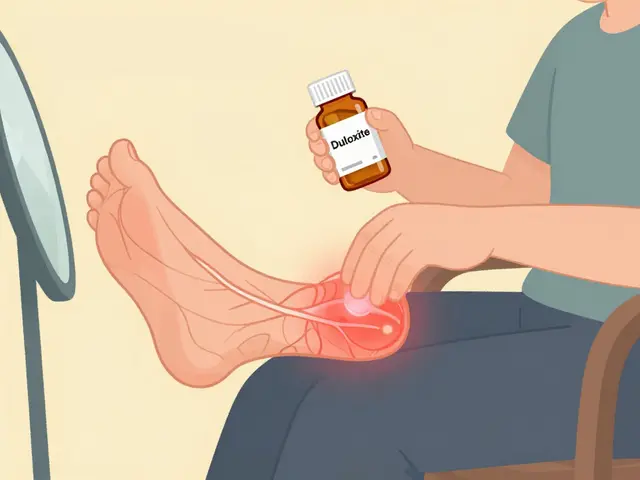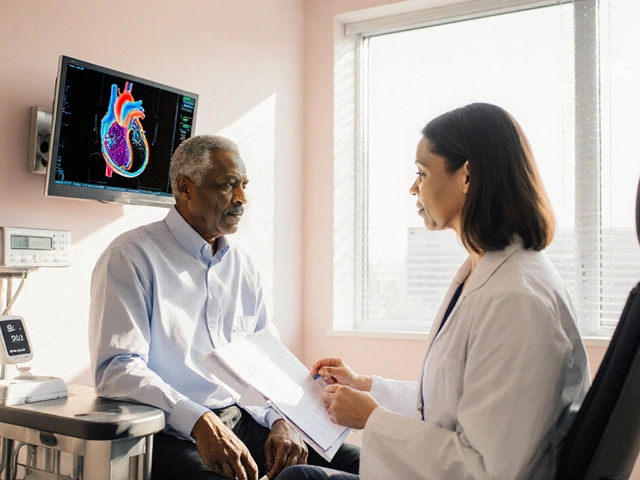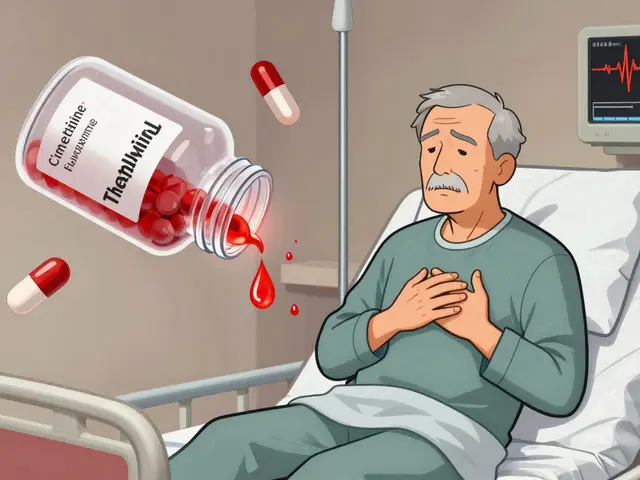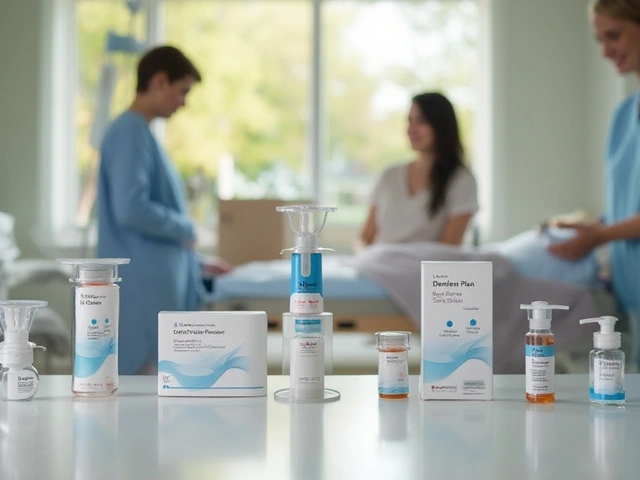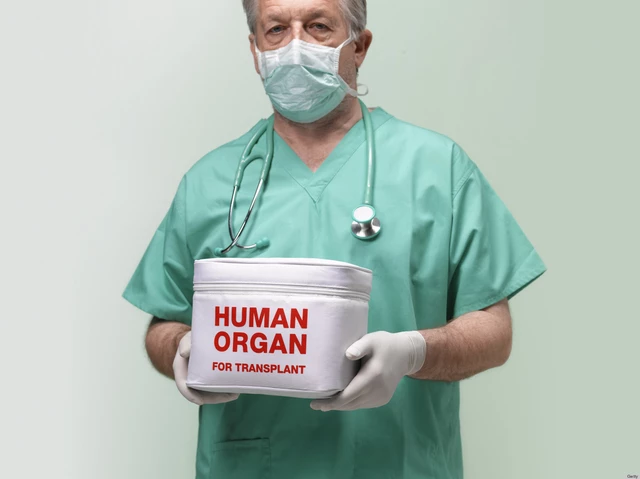Nutritious — Practical Foods, Supplements & Safety Tips
Want better nutrition without guessing? Start with simple moves you can use today: choose whole foods first, know when a supplement helps, and learn how to buy medicines or supplements safely online.
Food-first, then sensible supplements
Eat a mix of vegetables, fruit, whole grains, lean protein, and healthy fats. That covers most vitamins and minerals. For zinc, try oysters, beef, pumpkin seeds, and beans — real food gives zinc with other useful nutrients. If you can’t eat these regularly, a short zinc supplement may help, but stick to recommended doses and check for interactions with other meds.
Calcium D‑glucarate shows up on many supplement lists for liver support and hormone balance. It’s not a substitute for a balanced diet or prescription drugs. Think of it as a targeted add-on: use only after reading labels and asking your doctor if you’re on hormone therapy or taking medication that involves liver metabolism.
Herbal options like Alder Buckthorn or Tronadora are popular for digestion and general wellness. Herbs can work, but potency and effects vary widely. Only buy brands that list exact ingredients and dosage. If you have a health condition, ask a clinician before starting herbs — they can interact with prescription drugs.
Buying meds and supplements safely
When you need medication or a specialty supplement online, verify the seller. A safe pharmacy will require a prescription for prescription drugs, show full contact details, and use secure checkout. Avoid sites that offer controlled meds without a prescription or pressure you to buy in bulk.
Look for third-party testing on supplements: USP, NSF, or similar seals mean what’s in the bottle matches the label. If a product promises miracle results or uses catchy celebrity claims, treat it with skepticism. Real benefits are modest and backed by clear ingredient lists or clinical references.
Check interactions before adding anything new. Simple examples: certain antibiotics and antifungals affect liver enzymes, and mixing some herbs with blood thinners raises bleeding risk. If you take multiple prescriptions — say for heart disease, diabetes, or HIV — talk to your pharmacist about possible interactions.
Keep records: note brand, dose, where you bought it, and any side effects. If you order online, save receipts and the seller’s contact info. That helps if you need a refund or must report an adverse effect.
Small habits protect your health daily: eat real food first, use supplements to fill clear gaps, verify third-party testing, and never ignore medicine interactions. Ask a trusted clinician when in doubt. Good nutrition doesn’t have to be complicated — it just needs to be sensible and safe.

Traveling is one of my greatest joys, and I've discovered that maintaining a nutritious and energizing diet is key to a fantastic travel experience. I've found that packing healthy snacks like nuts and dried fruits keep my energy levels high throughout my journey. I also make it a point to stay hydrated by drinking plenty of water. In addition, I love exploring local cuisines while keeping an eye on balanced meals. These simple tips have truly enhanced my overall traveling experiences, allowing me to enjoy every moment to the fullest.


